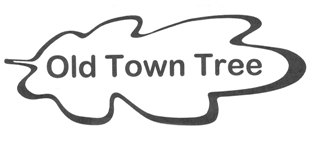|
|
|
Fertilization / Nutrition What is tree fertilization/nutrition?Your tree's health, much like your own, depends on nutrition. Unlike people, trees have the capability to produce their own food. This all depends on proper nutrition. Our preferred technique for providing proper nutrition is done by a process called vertical mulching, or verti-mulch for short. This is a process of fertilizing the tree's feeder root zone by providing nutrition directly to the feeder roots by drilling small holes into the ground, by which the prescribed supplement can be administered. This allows the nutrition/fertilization agent direct access to the tree's root zone bypassing the first six to eight inches of top soil. For larger mature trees, avoid drilling close to the main trunk as those roots are for storage and anchorage. The goal is to provide nutrition/fertilization directly to the feeder roots which are typically located beyond the drip line of the canopy of the tree. Keep in mind, all tree roots are typically within the first twelve inches of top soil. If there is turf under your tree, very little water and oxygen can penetrate the turf's root zone, causing your tree to suffer. This is where proper mulching techniques become a significant factor in your tree's overall health.
Good nutrition can inhibit certain plant diseases
In the forest, where trees naturally thrive, tree roots are anchored in well aerated soil which is loaded with essential nutrients. The forest floor is at least four inches of organic matter that provide the ideal environment for optimal root growth. However, this is not the case for our trees here in the urban environment, having to compete for the same nutrition as turf and other manmade landscapes. Watering your yard does not necessarily mean that you are watering your trees. Water is a major factor in a tree's overall health. Who should verti-mulch?
|
Request a FREE Estimate Site Map Privacy Policy
|
|
© Copyright 2016 All Rights Reserved - Old Town Tree - ISA Certified Arborist |






